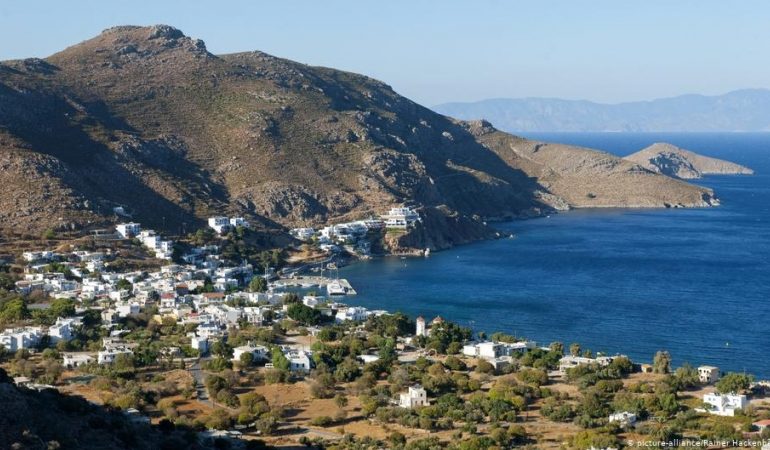The sun. The sea. The mass cancellations.
Greece’s biggest money-making industry, tourism, is set to lose billions of euros this year, pushing as much as 65% of the nation’s hotels into bankruptcy, a study here has shown.
For a nation still reeling from a decadelong financial crisis that saw a quarter of its output wiped out, the impact of the deadly coronavirus pandemic has had the government in Athens scrambling.
Greece’s feeble fiscal recovery, officials concede, could be in peril. “Forecasts are continuously being revised,” says Tourism Minister Harry Theoharis. “At this point, any adjustment being made is downward.”
“That means that we are expecting tourism to take a 50% hit this year. And that is the most favorable scenario being put forward in the studies we are conducting,” he explains.
A pan-European dilemma
With the coronavirus still gripping Europe, Greece’s problems echo across the continent.
Portugal’s idyllic Algarve region remains deserted. Edinburgh’s famous August festivals have been canceled. And the Netherlands’ flower fields remain shut.
But for Greece, a sun-kissed nation of 11 million people, the stakes are higher. Tourism accounts for about a fifth of its economy and one in four jobs. That means that next to Cyprus, Greece’s heavy reliance on the industry makes it the European Union’s second most exposed country in the sector.
It also means that with 16.4% of the workforce unemployed — among the highest in the EU — this season’s blow to tourism may spell more pain for Greeks still trying to claw out of a 10-year financial recession that left more than 1.2 million people jobless.
“Every week or fortnight that we can salvage is crucial for the industry and the country,” Theoharis says.
Trying to offset the damage
This week, a special government-appointed task force started stitching together plans with tour operators to try and offset some of the damage. Part of the plan being considered, Theohari says, is to try and lure back travelers at a later date, using vouchers from holiday cancellations made earlier in the season to book new stays in the fall months of October and November.
But all bets are on Greece’s bid to open up for tourism and travel again in July. The stakes are high.
The country’s two biggest pools of visitors — British and German nationals — are mixed in their willingness to travel. Britons are canceling holidays en masse, heeding the advice of their government, while Germans, according to a survey by booking portal HolidayCheck, are sticking to travel plans for the summer and the rest of the year, by as much as 40%.












